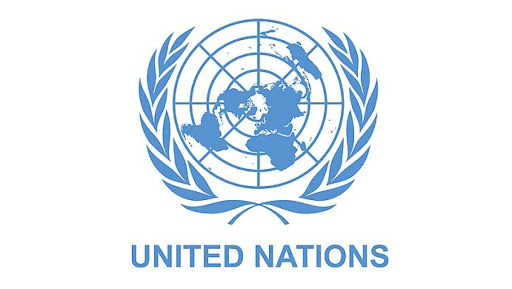New Delhi: Indian airlines, already struggling with aircraft acquisition amid global supply chain disruptions, may gain an advantage from China's decision to halt purchases of Boeing planes in response to US President Donald Trump's 145% tariffs. Chinese carriers are currently awaiting deliveries of around 100 B737 MAX aircraft, which are also on the order list for Air India Express and Akasa, as well as 11 B787 Dreamliners, part of Air India's book.
"We expect some of these planes, initially destined for Chinese carriers, will be redirected to Indian airlines. A similar situation occurred in the past couple of years, where 'white tail' aircraft—planes built for specific customers but then purchased by others—were allocated to Air India Express and Akasa," said industry experts.
Air India Express took delivery of 25 white tail MAX aircraft last year and was set to receive another 25. With the ongoing US-China tariff dispute, the airline may now secure additional white tail or purpose-built aircraft. "The final assembly line in Seattle, which was allocated for Chinese carriers' MAX production, will now remain idle. As a result, Indian carriers like Air India Express and Akasa might receive more aircraft, either specifically manufactured or white tails," sources confirmed.
On the Airbus front, the manufacturer has two final assembly lines for the popular A320 family. China may now press Airbus to increase aircraft availability for its airlines.
Boeing's delayed aircraft deliveries have had a significant impact on India’s newest carrier, Akasa, which is currently employing more pilots than it can accommodate with its available fleet, causing dissatisfaction among its idle cockpit crew. Both Air India Express and Akasa, backed by Tata Group, have the financial capacity to absorb additional aircraft if they become available. These budget airlines have taken on white tails with several rows of 2x2 business seating, as per the original customer's specifications, and have accepted the planes Boeing was forced to allocate due to setbacks in its MAX production.




